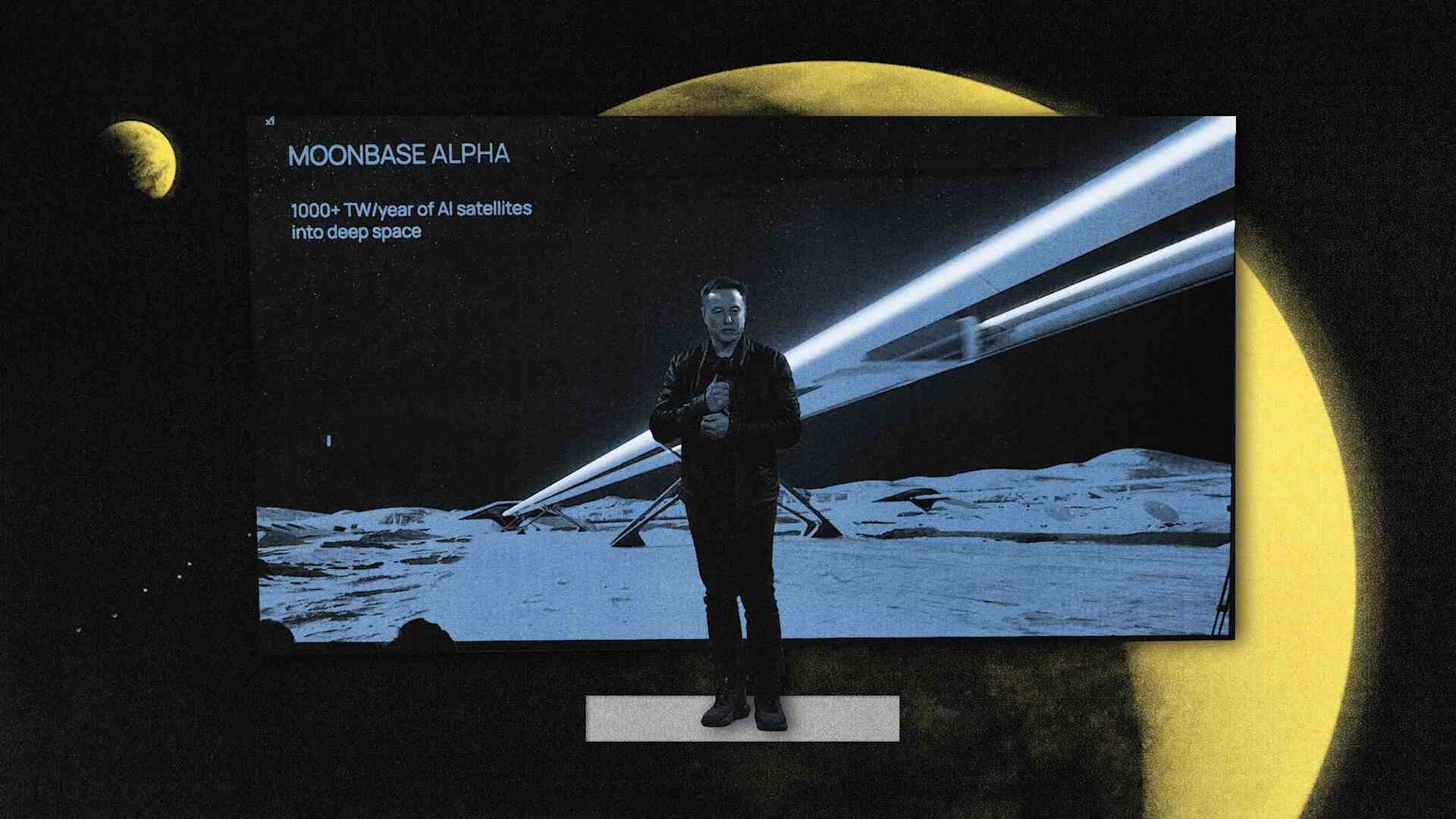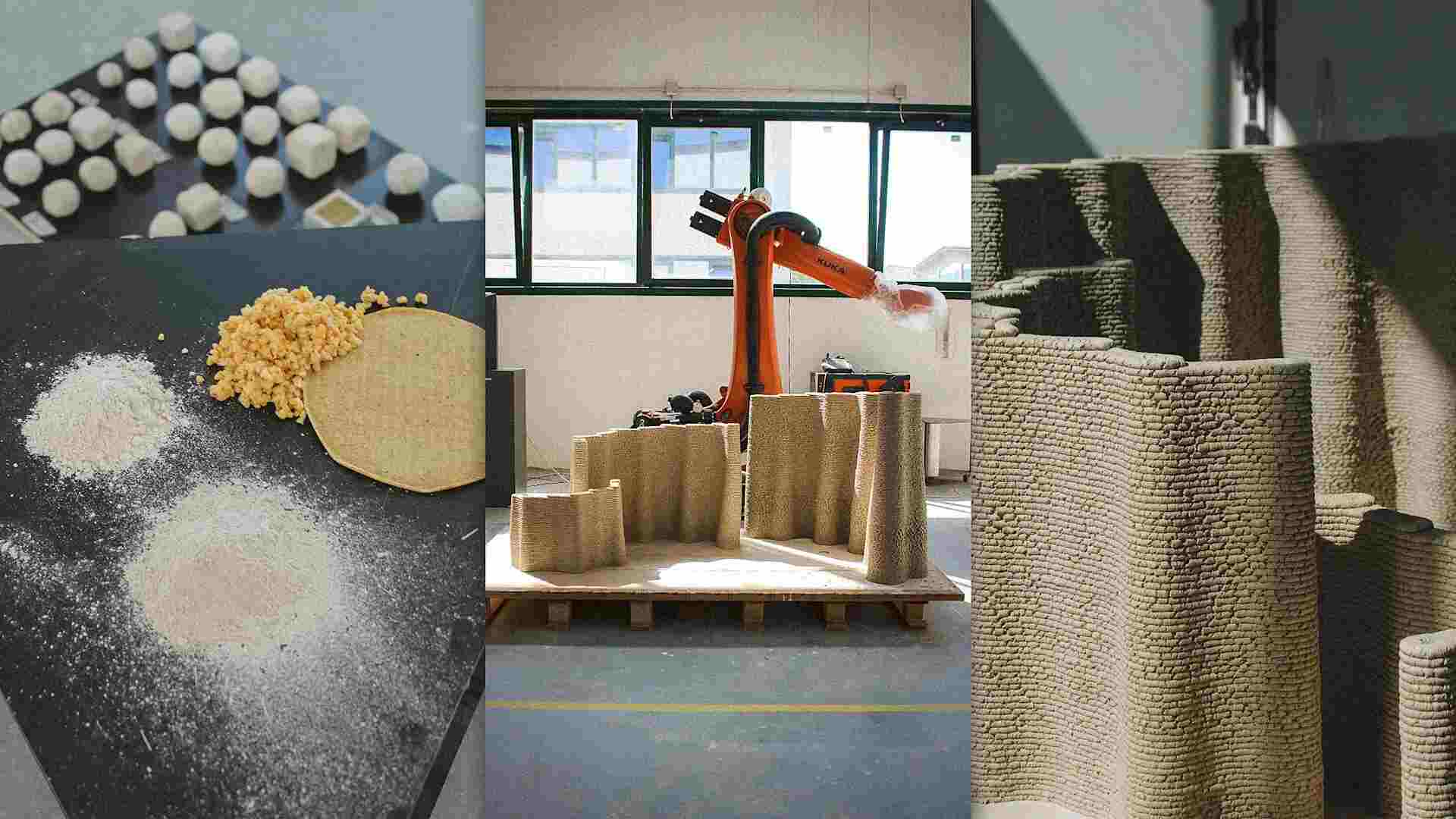- | 3:00 pm
Inside Louis Vuitton’s gorgeous, sustainable new workshop
Louis Vuitton’s in-house architects designed its latest workshop, which consumes half as much energy as its other factories.
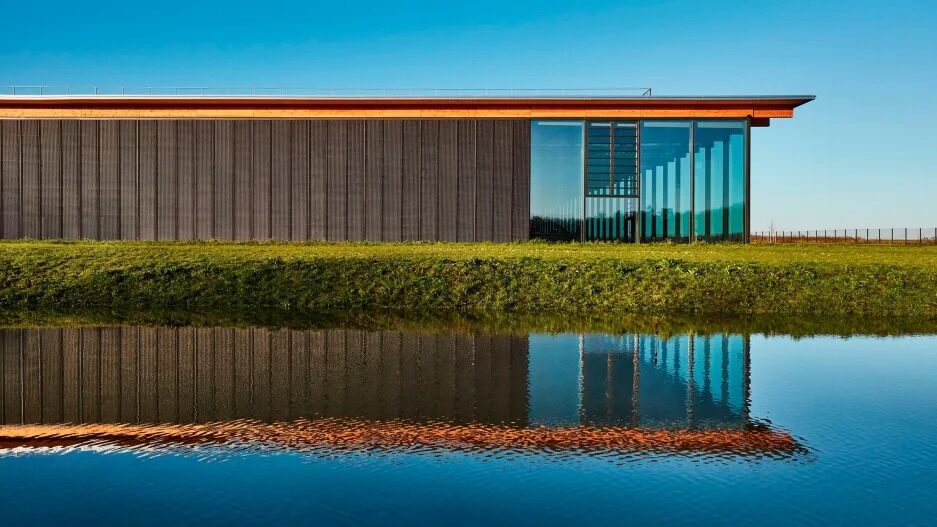
For 168 years, Louis Vuitton has designed beautiful clothes and accessories. Now it’s also designing sustainable buildings.
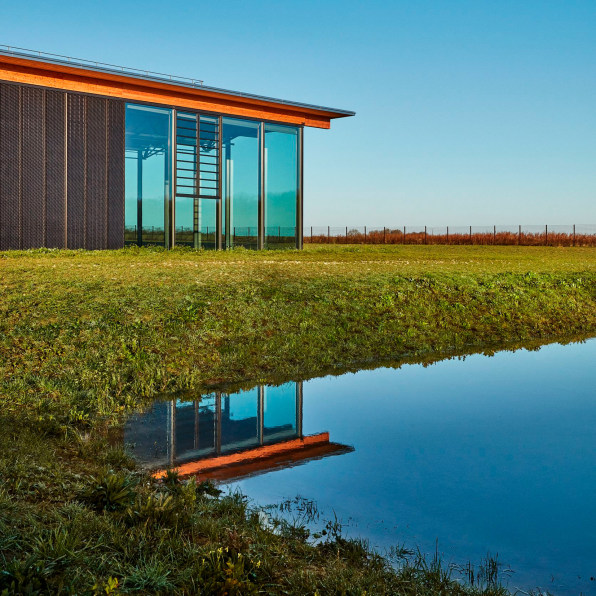
This month, it opened its newest workshop, called Oratoire, a 65,000-square-foot building in the French town of Vendôme. The manufacturing facility was designed with sustainability in mind, and is part of Louis Vuitton’s broader effort to reduce its environmental footprint throughout its supply chain.One of Oratoire’s key features is that instead of using traditional heat and air-conditioning, it regulates the internal temperature using nature, or what’s called a “bioclimatic” approach.
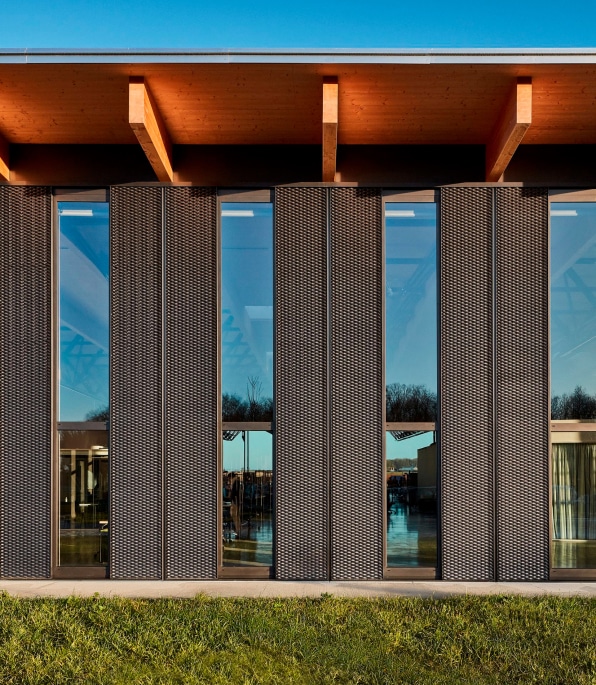
Oratoire was designed entirely by Louis Vuitton’s internal architectural department to keep up with steadily increasing demand for the brand’s products. It is one of the strongest-performing brands within its parent company, the luxury conglomerate LVMH, which reported a record $71.5 billion in revenue last year.
At this workshop, hundreds of craftspeople work at pristine white stations, constructing leather goods and accessories by hand.
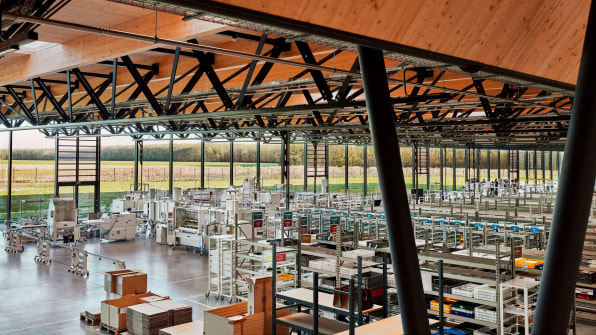
The architects created a ventilation system featuring mini windows high up on the walls that have temperature-activated louvers, which allows air to circulate through the upper areas of the space—without gusts of wind blowing paperwork off the desks.The interior is cooled by a network of rain-fed ponds and reservoirs on the northern side of the building, and the water from these features is ultimately used to nurture plants near the factory. A system of pipes under the floors circulates water to heat the building in the winter and cool it in the summer.
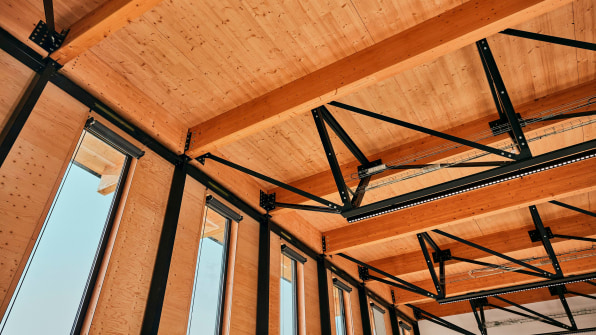
These bioclimatic elements help cut down on the building’s overall energy consumption, which is about half that of a traditional Louis Vuitton workshop. They also reduce greenhouse gas emissions.The architects incorporated large floor-to-ceiling windows, particularly in the northern part of the building, to maximize the use of natural light, further reducing energy consumption. They strategically used fewer, smaller windows in the southern part, which can get excessively warm in the summer months.
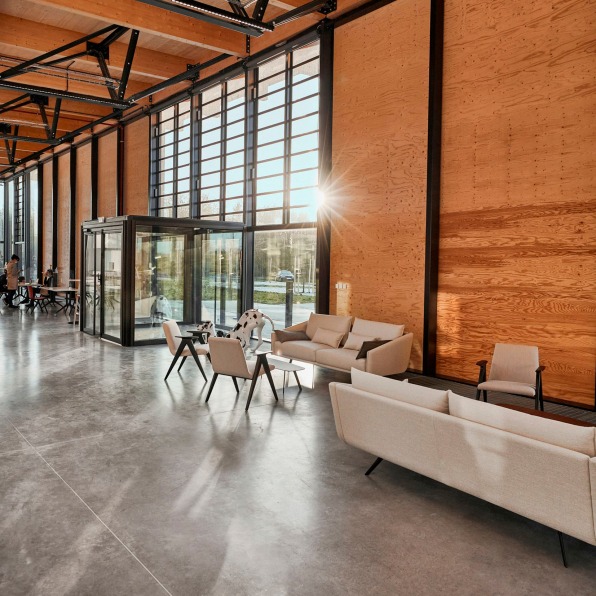
The company’s architects used as many sustainable materials as possible, including recycled cement for the flooring, recycled metal for the structure, and Forest Stewardship Council-certified wood. This workshop serves as a template for others Louis Vuitton will build, including two set to open this year, in Drôme and Maine-et-Loire, France.













